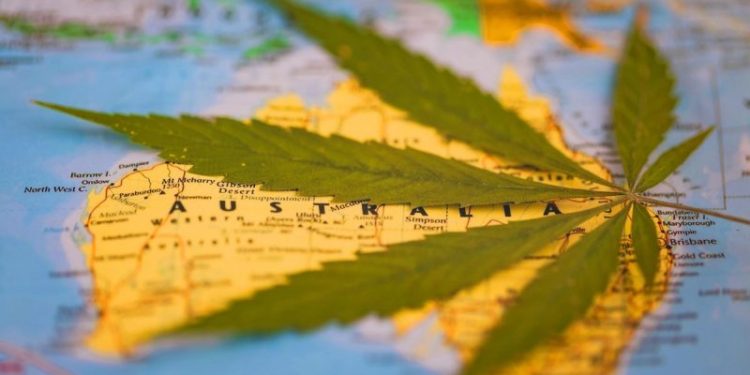**New South Wales:**
In New South Wales, medicinal cannabis was legalized in 2016 for patients with specific medical conditions. The state has a tightly regulated system in place for accessing medicinal cannabis, requiring patients to have a prescription from an authorized medical practitioner. Recreational cannabis remains illegal in New South Wales, with penalties varying based on the amount possessed.
**Victoria:**
Victoria was the first state in Australia to legalize medical cannabis in 2016. The state has a well-established medicinal cannabis program that allows patients with qualifying conditions to access cannabis-based products with a prescription. However, recreational cannabis remains illegal in Victoria, with strict penalties for possession and cultivation without authorization.
**Queensland:**
Queensland legalized medicinal cannabis in 2016, following the national trend. The state allows patients with certain medical conditions to access cannabis products with a prescription from an approved medical practitioner. While recreational cannabis remains illegal in Queensland, the state has taken steps to decriminalize minor offenses, focusing on diversion programs rather than criminal charges for possession.
**Western Australia:**
In Western Australia, medicinal cannabis was legalized in 2016, allowing patients with specific medical conditions to access cannabis products with a prescription. Recreational cannabis, however, remains illegal in the state, with penalties for possession and cultivation varying based on the amount involved. Western Australia has been exploring options for potential cannabis legalization for recreational use in the future.
**South Australia:**
Medicinal cannabis was legalized in South Australia in 2016, with the state implementing a system for patients to access cannabis products with a prescription. South Australia has decriminalized minor cannabis offenses, focusing on education and harm reduction rather than criminalization. Recreational cannabis remains illegal in the state, with penalties varying based on the amount possessed.
**Tasmania:**
Tasmania legalized medicinal cannabis in 2017, allowing patients with qualifying conditions to access cannabis products with a prescription from a medical practitioner. Recreational cannabis, however, remains illegal in Tasmania, with penalties for possession and cultivation without authorization. The state has implemented harm reduction strategies and diversion programs for minor cannabis offenses.
**Northern Territory:**
Medicinal cannabis was legalized in the Northern Territory in 2016, giving patients with specific medical conditions access to cannabis products with a prescription. Recreational cannabis remains illegal in the Northern Territory, with penalties for possession and cultivation without authorization. The state has been monitoring developments in other jurisdictions regarding the potential legalization of recreational cannabis.
**Australian Capital Territory:**
The Australian Capital Territory (ACT) legalized recreational cannabis for personal use in 2020, allowing adults to possess small amounts of cannabis and grow a limited number of plants for personal use. Medicinal cannabis has been legal in the ACT since 2016, with patients able to access cannabis products with a prescription. The ACT’s approach to cannabis legalization for recreational use has attracted national attention and sparked debates on drug policy reform.
In conclusion, the state-by-state guide to cannabis in Australia reflects a diverse range of approaches towards medicinal and recreational cannabis legalization. While medicinal cannabis is legal across all states and territories, the regulations surrounding recreational cannabis vary significantly. The ongoing discussions and developments in cannabis policy highlight the evolving attitudes towards cannabis in Australia.

















